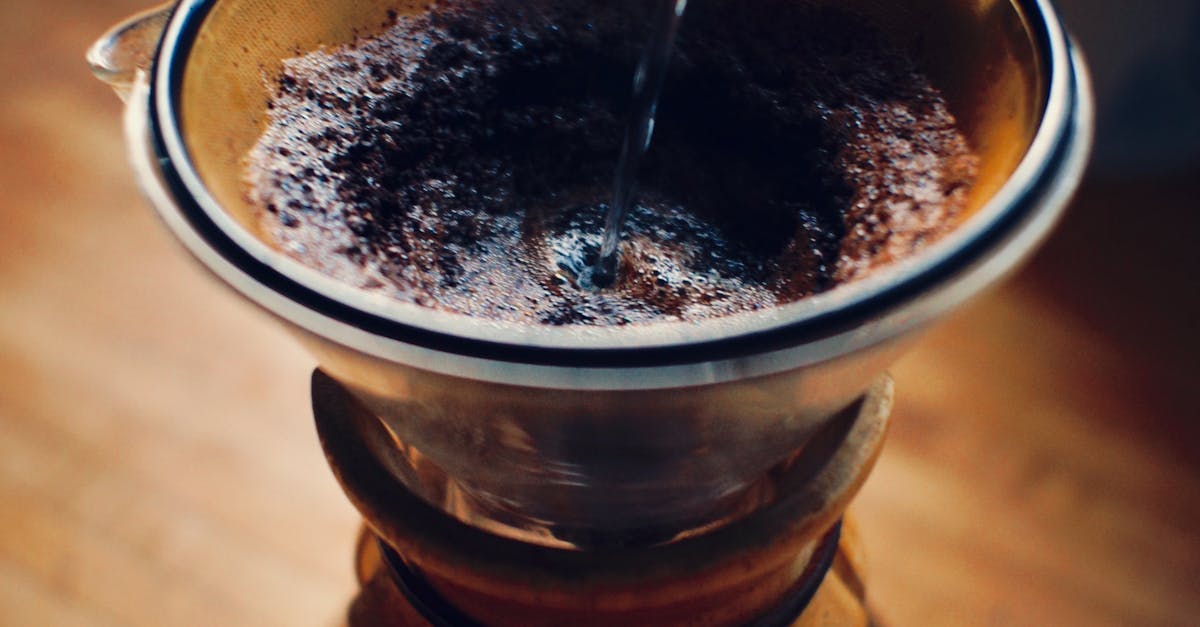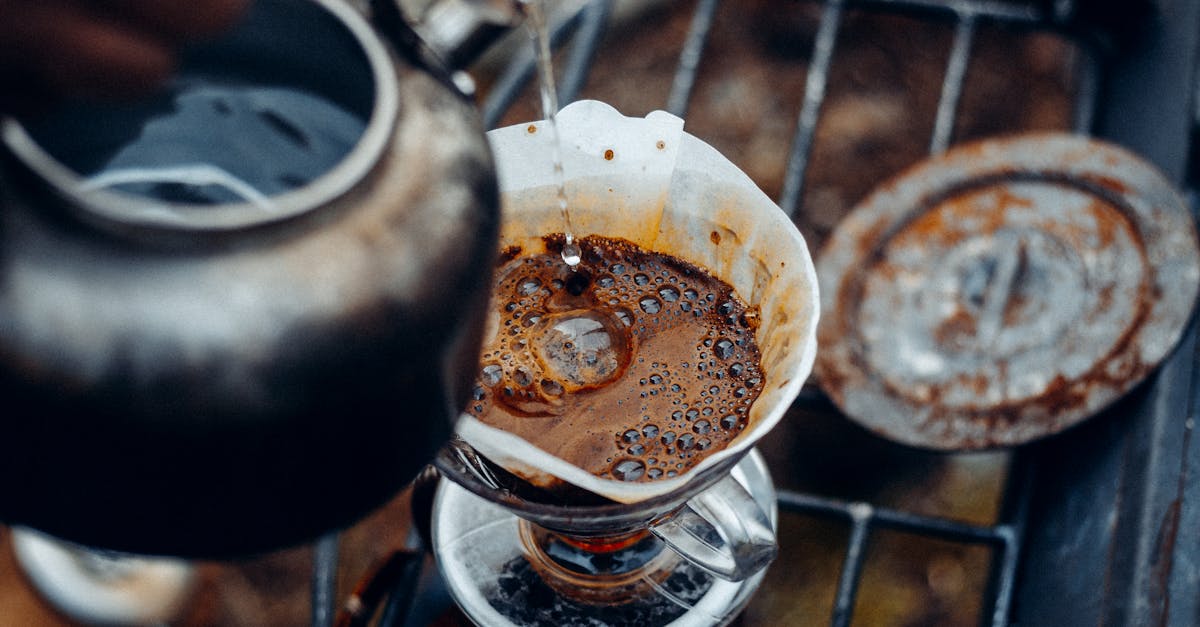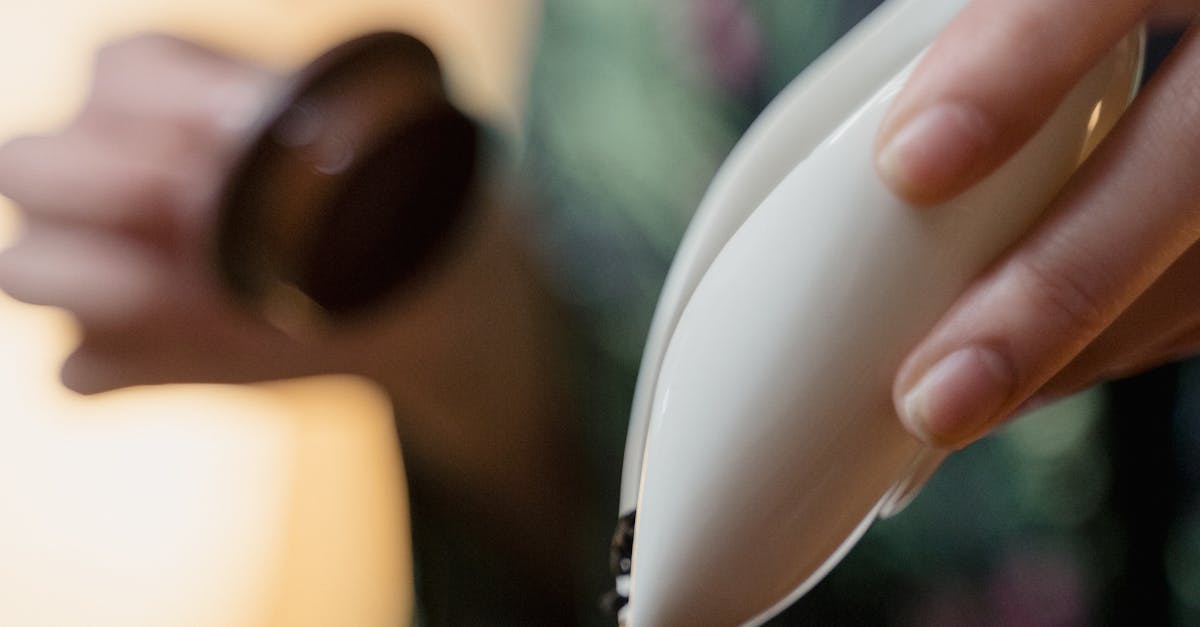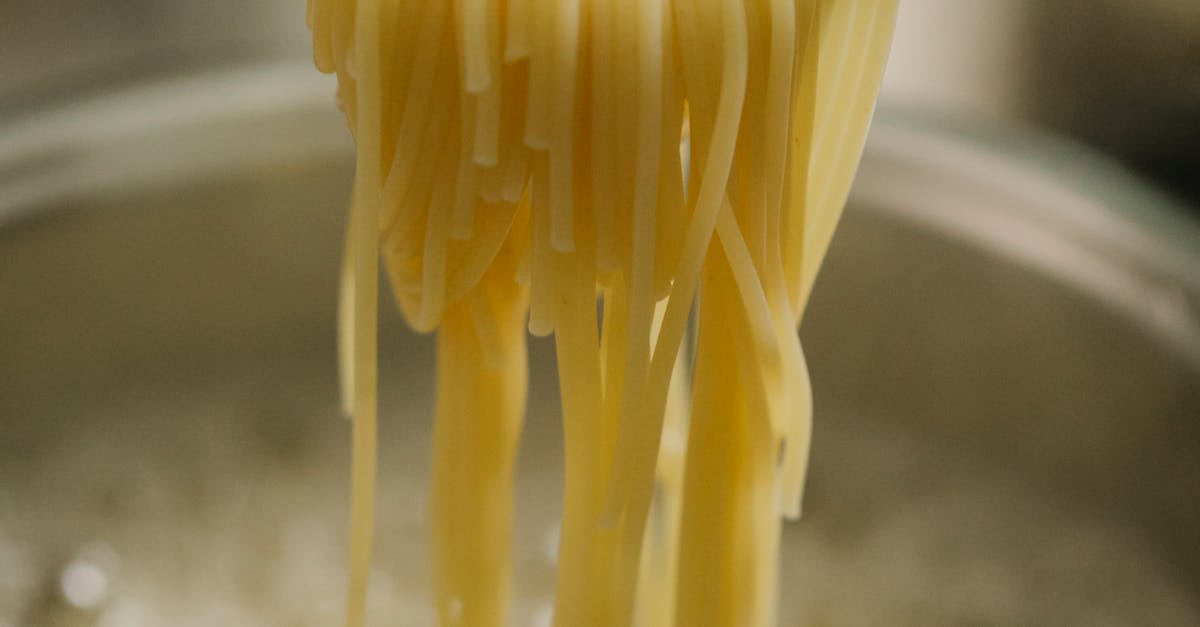
Table Of Contents
Average Costs Across Different Regions
The cost of a new hot water system can vary significantly based on regional differences in Australia. In general, urban areas tend to experience higher installation costs compared to rural regions. For instance, cities like Sydney and Melbourne often see prices ranging from AUD 1,000 to AUD 3,000, influenced by labor expenses and demand for services. In contrast, more rural areas may offer competitive pricing, with some systems available for as low as AUD 800.
When considering hot water system replacement, it is crucial to factor in not just the price of the unit itself but also the cost of installation. Installation fees can fluctuate based on the complexity of the job and the specific requirements of the property. Homeowners should also be aware that local regulations and standards may affect pricing, especially in regions with stricter energy efficiency guidelines.
Price Variations in Major Cities
The cost of hot water system replacement can differ significantly between major Australian cities. In places like Sydney and Melbourne, homeowners can expect to pay higher prices due to increased demand and labor costs. Meanwhile, regional areas may offer more competitive pricing, although the range of available systems could be limited. Prices can also fluctuate based on the type of system chosen, whether it be electric, gas, or solar, influencing the total cost of installation.
In Brisbane and Perth, consumers might find more affordable options compared to the eastern capitals. Local competition among service providers can lead to better deals for residents. Additionally, factors such as accessibility and installation complexity can affect pricing. It is essential for homeowners to explore multiple quotes and consider regional variations to find the best value for hot water system replacement.
Government Rebates and Incentives
Many Australian states and territories offer government rebates and incentives aimed at encouraging homeowners to upgrade their hot water systems. These programs can significantly reduce the out-of-pocket costs associated with hot water system replacement. Homeowners may qualify for various financial assistance options depending on factors like the type of system being installed and the energy efficiency ratings of the new unit.
In addition to direct rebates, some regions provide special financing packages that allow homeowners to spread costs over time. These incentives are designed to promote environmentally friendly solutions, with a focus on reducing carbon footprints and energy consumption. However, eligibility criteria and application processes can vary, so it's essential for homeowners to research local offerings to maximize their savings on a hot water system replacement.
Financial Assistance for Upgrades
Homeowners considering a hot water system replacement might find various financial assistance options available. Many state and territory governments in Australia offer programs that provide rebates or incentives to encourage the adoption of energy-efficient systems. These initiatives aim to lower the upfront costs of installing new units, making it easier for homeowners to upgrade outdated or inefficient systems.
In addition to government programs, some energy providers also offer financial assistance to customers looking to upgrade their hot water systems. These schemes may include cash rebates or discounts on installation costs. By taking advantage of these financial support options, homeowners can reduce their overall expenses associated with a hot water system replacement and contribute to greater energy efficiency over time.
Maintenance Costs of Hot Water Systems
Proper maintenance of hot water systems is crucial for ensuring their longevity and efficiency. Regular inspections can identify potential issues before they become significant problems, saving homeowners from costly repairs or even a complete hot water system replacement. Common upkeep tasks include flushing the tank, checking for leaks, and inspecting the heating elements. Neglecting these services can lead to reduced performance and increased energy costs.
The frequency of maintenance varies depending on the type of system and local water quality. Some homeowners may only need to perform maintenance annually, while others might require more frequent checks. Setting aside a budget for ongoing maintenance helps in avoiding the surprise expenses associated with major repairs or having to undertake a hot water system replacement sooner than anticipated. Staying proactive can ensure the system runs efficiently and helps extend its overall lifespan.
Regular Upkeep Considerations
Regular upkeep of hot water systems is essential to ensure longevity and optimal performance. Routine maintenance can prevent minor issues from escalating into costly repairs. Homeowners should consider flushing the tank annually to remove sediment build-up, which can compromise efficiency and shorten the unit's lifespan. Additionally, inspecting the heating elements and checking for leaks regularly can help avoid the need for a hot water system replacement in the future.
It’s also advisable to keep an eye on the age of the system. Most hot water systems have a lifespan of around 8 to 12 years. As systems age, they may require more frequent repairs or adjustments. Planning for eventual replacements can save homeowners from unexpected downtime and expenses. Implementing regular maintenance checks ensures that any necessary updates or replacements are identified before they become urgent issues.
FAQS
How much can I expect to pay for a new hot water system in Australia?
The cost of a new hot water system in Australia typically ranges from AUD 800 to AUD 3,000, depending on the type and size of the system you choose.
Are there significant price differences between major cities in Australia?
Yes, prices can vary significantly across major cities due to factors like local labor rates and demand. For example, systems may be more expensive in cities like Sydney and Melbourne compared to regional areas.
What government rebates or incentives are available for hot water systems?
The Australian government offers various rebates and incentives for upgrading to energy-efficient hot water systems. These can help reduce upfront costs, but eligibility and amounts vary by state.
How much should I budget for maintenance of my hot water system?
Regular maintenance costs for hot water systems can range from AUD 100 to AUD 300 annually, depending on the system type and service provider, and it is crucial for ensuring efficiency and longevity.
What factors should I consider when choosing a hot water system for my home?
Key factors include the size of your household, energy efficiency ratings, the type of fuel (electric, gas, or solar), initial cost, and ongoing maintenance needs. Assessing these will help you select the most suitable system.





























